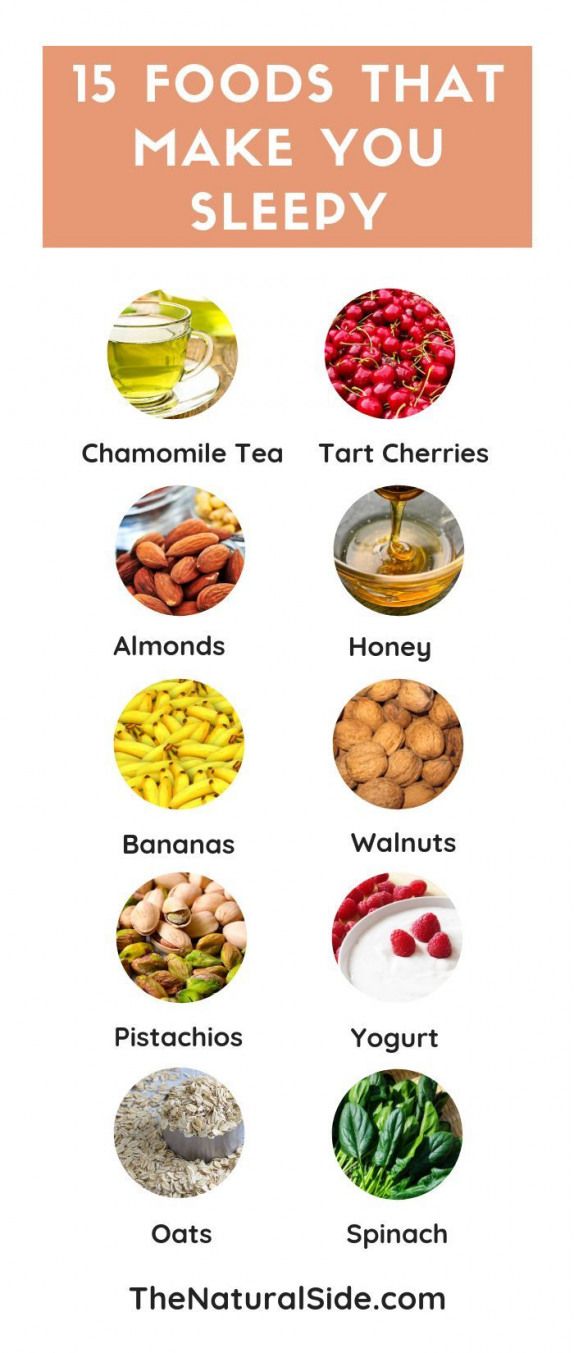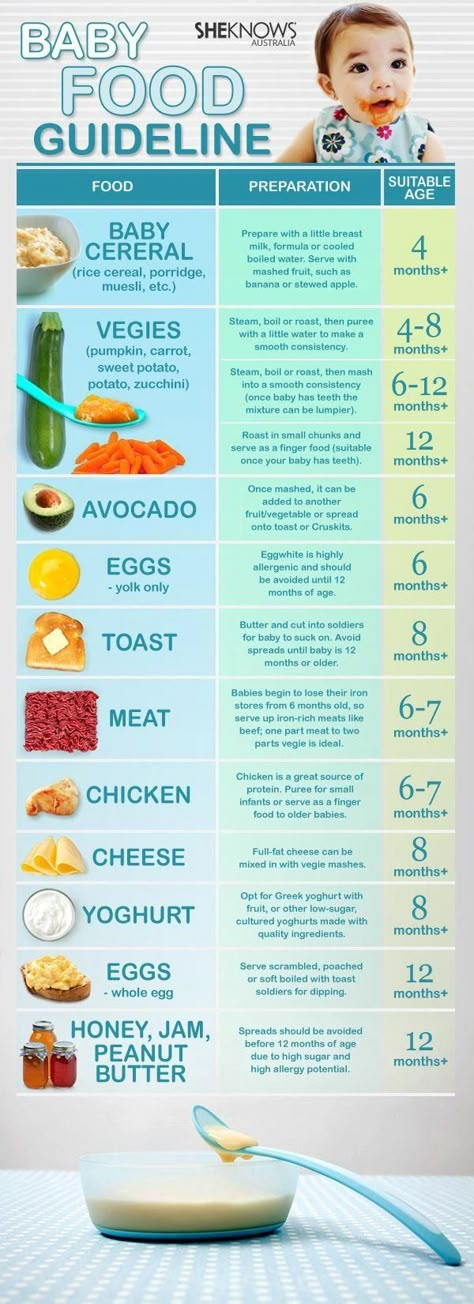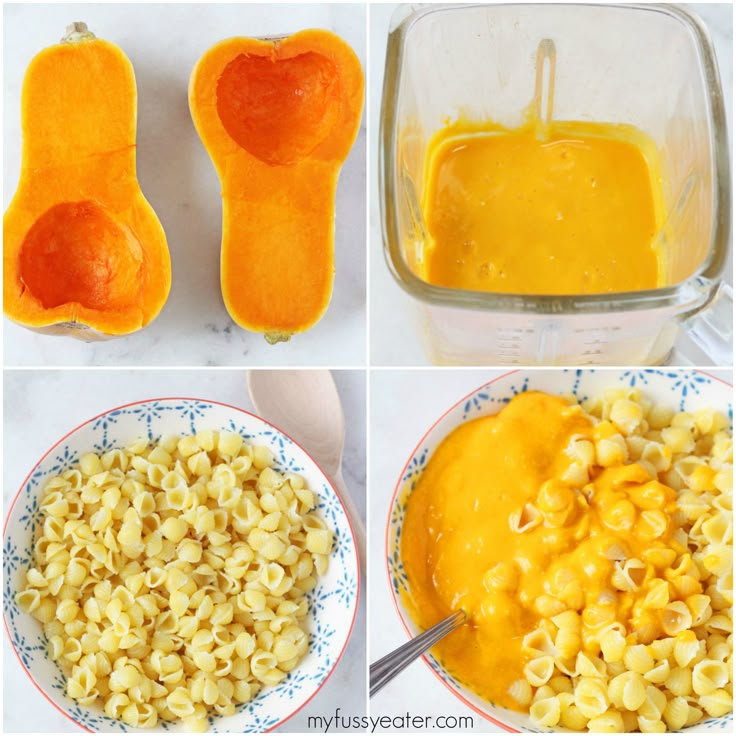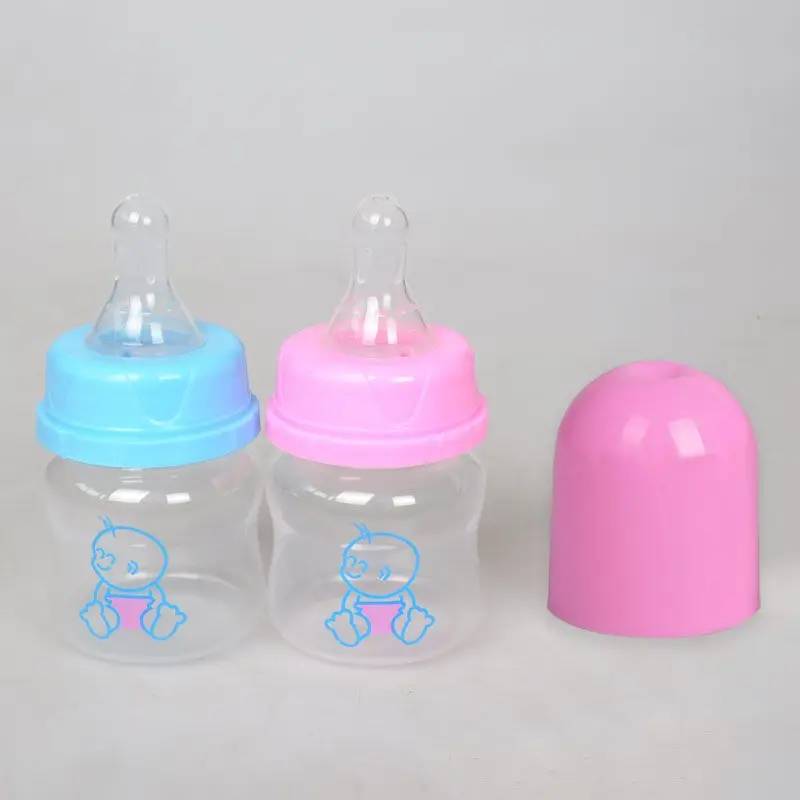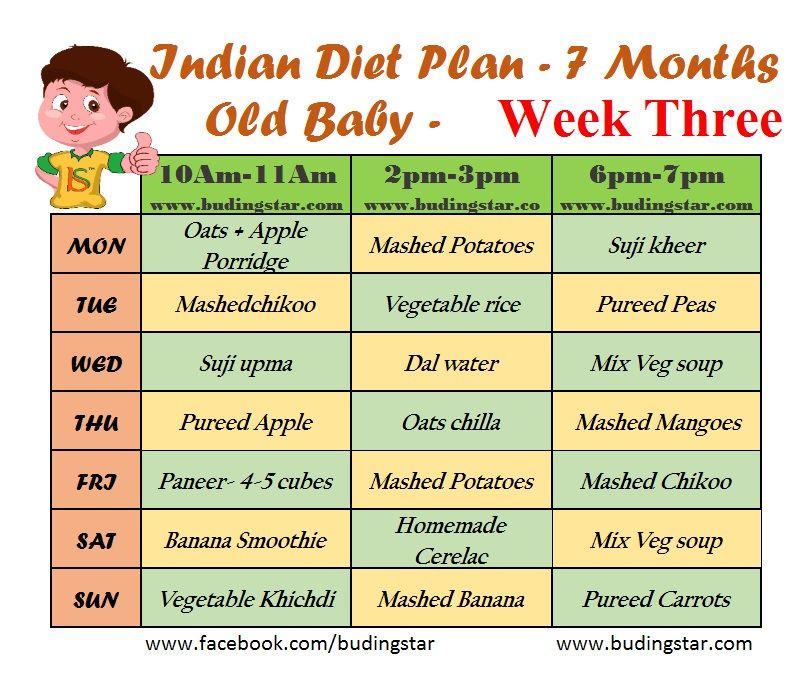Foods that help baby sleep
Best Foods To Promote Better Baby and Toddler Sleep |
Home / Sleep Quick Tips / Quick Tip: Best Foods To Promote Better Baby and Toddler Sleep
by Emily DeJeu in Sleep Quick Tips —
We talk a lot here at The Baby Sleep Site® about how to promote better sleep for your baby. From sleep training for better nighttime sleep to nap coaching for better naps, we have so many tips to offer for getting your baby to sleep.
But here’s a tip that may surprise you: did you know that the food you offer your baby can have a direct impact on his sleep? It’s true! Read on for details.
Sleep-Promoting Foods To Feed Your Baby or Toddler
You probably know that foods containing caffeine and sugar are stimulating; for that reason, you definitely want to avoid feeding those kinds of foods to your child as a general rule, and certainly before naptime or bedtime. However, there are other types of foods that actually have a sedating effect on the brain. They produce chemicals that promote sleepiness and relaxation. These foods that help sleep contain a substance called tryptophan.
What is tryptophan? Glad you asked! Tryptophan is an amino acid that our bodies use to synthesize proteins. Tryptophan also produces a brain chemical called serotonin from which melatonin (which is so essential for sleep that it’s named the ‘sleep hormone’) is manufactured.
Foods that contain high levels of tryptophan include the following:
- Dairy products (Cheddar, gruyere, and Swiss cheeses have particularly high amounts of tryptophan)
- Nuts
- Tofu and soy products
- Wheat and oats
- Bananas
- Green leafy vegetables
- Eggs
- Poultry (especially turkey)
But here’s the thing: in order for the tryptophan to help your child feel sleepy, your kiddo needs to eat tryptophan-containing foods alongside foods that contain healthy, complex carbohydrate foods. Why? Because carbohydrates cause the release of insulin, which helps tryptophan reach the brain and cause sleepiness.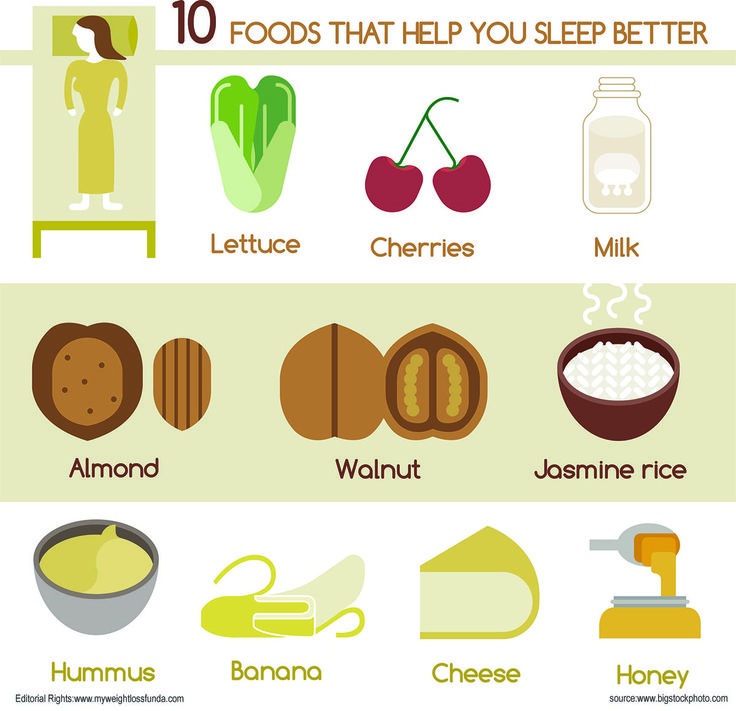
Good examples of meals that provide the proper combination of complex carbs and tryptophan include:
- Turkey with sautéed greens
- Whole-wheat pasta with some cheddar cheese grated on top
- An egg sandwich on whole wheat bread, topped with Swiss cheese
- Tofu with stir-fried vegetables
- Tuna* with brown rice
*Please talk to your doctor about appropriate amount due to mercury levels
You don’t need to whip up an entire meal, however, in order to feed your child some sleep-promoting food. Great sleep-inducing snacks could include:
- Whole-wheat toast with peanut butter
- Whole-grain cereal with milk
- Low-sugar oatmeal cookie with milk
- Squares of cheese on whole-wheat crackers
Please Note: Be sure to talk with your pediatrician about how to introduce solids to your baby or toddler, since some food leads to food allergies, which can actually cause sleep to WORSEN (and who wants that?!).
Of course, sleep-inducing foods like these won’t necessarily solve all your sleep problems! If persistent nighttime waking and short (or non-existent) naps are problems in your home, you may need to troubleshoot other causes of sleep problems. No amount of sleep-inducing food will help solve persistent night-waking and early-nap waking. But offering your child sleep-promoting foods is one great way among many to help ensure that you have a peaceful sleeper in your home!
What sleep-promoting foods work well for your child? Any favorite bedtime or pre-nap snacks to recommend? Scroll down to ask questions, to share tips and suggestions, and to hear from other parents just like you!
The Baby Sleep Site® is a participant in the Amazon Services LLC Associates Program and other product affiliate programs. If you click on a product link and make a purchase, The Baby Sleep Site® may (but not always) receive a small commission from the company selling the product, but will not affect your purchase price.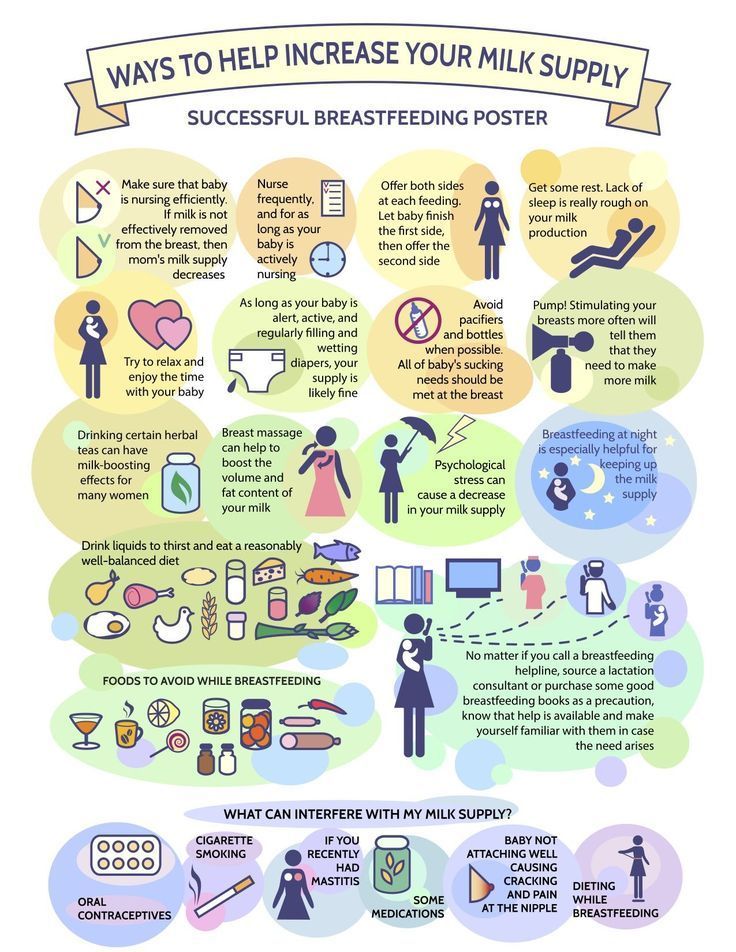 We only recommend products that we believe are quality products and are good for our readers.
We only recommend products that we believe are quality products and are good for our readers.
Struggling with your baby’s sleep? We can help. Since 2008, we have helped thousands of families around the world with their babies' sleep problems, and we can help you, too! Tap into 10+ years of experience and take a look at our consultation packages to see which one looks like a good fit for you.
Click here to see all our personalized consultation packages.
Once you purchase, you will immediately receive access to the Helpdesk, and you can set up your account, fill out your family's sleep history survey, submit it to a sleep consultant, and get started on the journey to better sleep!
Want to read about other family's experiences? Read parent stories and reviews here.
Need Baby and Toddler Sleep Help? We Have the Resources You Need!For those persistent nighttime struggles, check out The 3 Step System to Help Your Baby Sleep. Using the same unique approach and practical tools for success, this e-book helps you and your baby sleep through the night.
Using the same unique approach and practical tools for success, this e-book helps you and your baby sleep through the night.
Or, join our VIP Members Area packed with exclusive content and resources: e-Books, assessments, detailed case studies, expert advice, peer support, and more. It actually costs less to join than buying products separately! As a VIP member, you’ll also enjoy a weekly chat with an expert sleep consultant. And the best part – members receive 20% off all sleep consultation services!
In over 10 years, we have over 10,000 comments on our blog.
At this time, we’ve turned the comment sections off. We would, of course, love to hear from you! For help with your specific sleep problems, please learn more about our DIY resources or our sleep consultation services. Or, consider emailing us for a fast and helpful response!
9 Best Dinner Foods for Your Baby to Help Him Sleep Peacefully All Night! (With Recipes)
Putting your baby to sleep is perhaps one of the toughest tasks you need to accomplish every day.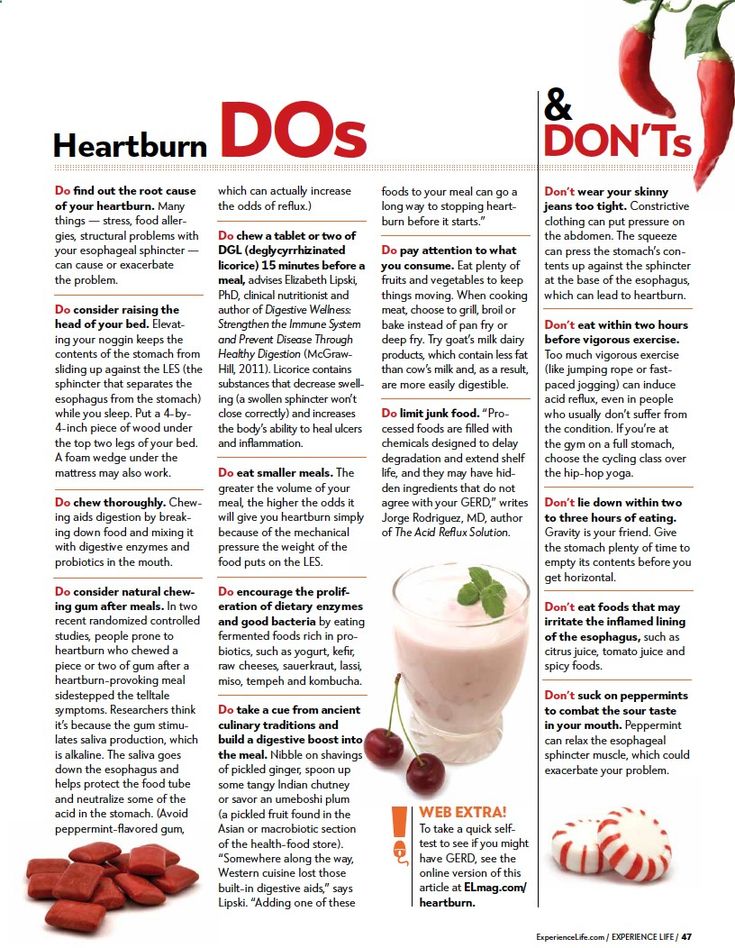 Babies wake up often every night and find it difficult to sleep at a stretch. This also affects your health as you need to stay up with your baby and help him feel better. Very often, your baby finally falls asleep at 6 AM and for you, it is time to get started on the new day! Well, what if you found that making a couple of changes in your baby’s dinner can solve this problem?
Babies wake up often every night and find it difficult to sleep at a stretch. This also affects your health as you need to stay up with your baby and help him feel better. Very often, your baby finally falls asleep at 6 AM and for you, it is time to get started on the new day! Well, what if you found that making a couple of changes in your baby’s dinner can solve this problem?
If your baby has weaned off breastmilk and been introduced to solid foods, he probably eats a variety of things for dinner. Purees, porridge, rice, fruits…Our purpose is to keep his dinner nutritious, filling and easy to digest. But here’s the interesting part: research suggests that diet has a very crucial role to play in your baby’s SLEEP cycle!
The contents of any food item that we consume have an effect on our overall health. While some foods make us alert and wakeful (think coffee, for adults), there are certain food products that are known to promote sleep. These food items combined with complex carbohydrates help in the release of sleep-promoting substances in the body.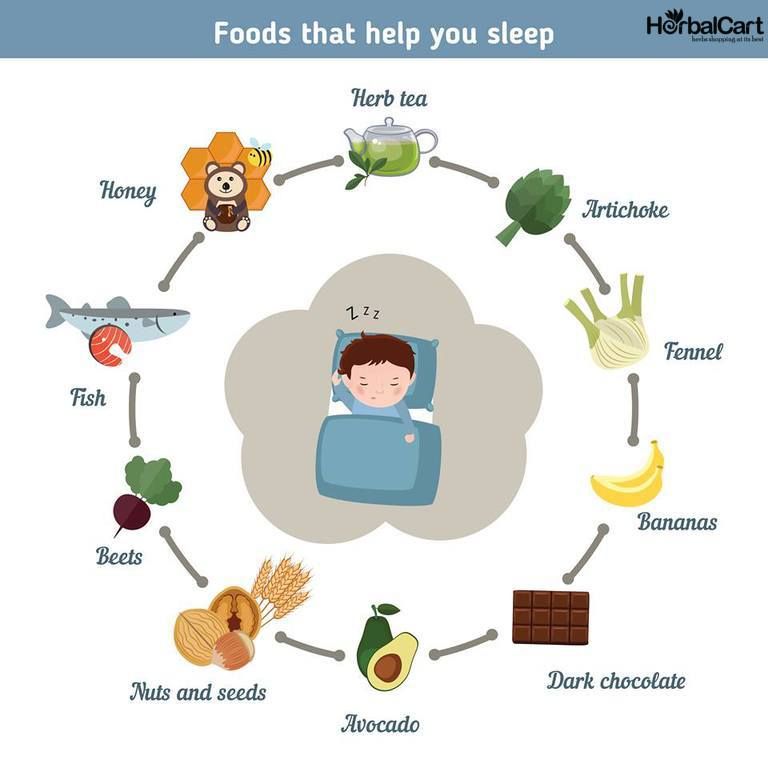 This makes your baby feel sleepy and comfortable after his dinner. Simply put, this means he is likelier to nap sooner and for longer!
This makes your baby feel sleepy and comfortable after his dinner. Simply put, this means he is likelier to nap sooner and for longer!
Did you know that according to some studies in child development, each sleepless hour a night can potentially cut down TWO cognitive years in a baby?
9 Dinner Food Recipes for Babies to Help them Sleep Better Through the Night
Here are 9 dinner foods for babies that are not just nutritious and easy to digest but also help your little one get a good night’s sleep!
1. Warm Oatmeal
Oatmeal is a wholesome food in itself, extremely healthy for both babies and adults. But here’s the best part: it is also an excellent source of melatonin which helps trigger insulin production. Insulin in turn helps in inducing sleep! You can prepare oatmeal in many different forms, the simplest of which is a porridge, light and easy to digest for babies. We recommend mixing it up with apples to improve both the taste and the nutrition quotient.
Recipe: Oats Porridge With Apples
2. White Rice
Rice is well-known be high in glycemic index. This, according to several scientific studies, has been found to help people sleep better and faster. Now you know why many people tend to feel sleepy after consuming rice! Although brown rice is highly recommended for babies due to its higher nutrient value, white rice has a higher glycemic index when compared to brown. Plus, rice is easily digested by babies and is light on the stomach too. Try this rice pudding with apples again – quite a delicious dinner food to help your baby nap!
Recipe: Apple Rice Pudding
3. Spinach
As mothers, we keep stressing on feeding green leafy vegetables to our little ones. We want them to reap the benefits of nutrients such as iron, vitamins and minerals. But did you know that apart from providing the required nutrients, green veggies are also rich in tryptophan – an amino acid that our bodies use to synthesize proteins? Tryptophan also helps in the production of melatonin – the body’s ‘sleep hormone’! It is also called the body clock hormone as it determines the baby’s sleep-wake cycles. Whew, spinach has so many other health benefits that its sleep-inducing property is just another feather in its cap!
Whew, spinach has so many other health benefits that its sleep-inducing property is just another feather in its cap!
4. Cherries
Cherries are another great addition to your baby’s dinner, for the same reason as spinach – they are replete with melatonin, the sleep hormone! They are also quite delicious which means your baby is likelier to accept them easily. Keep in mind that tart cherries contain the most amount of melatonin so choose them over the sweet ones.
How to Feed: It is best to de-seed and puree the cherries before feeding your baby. This makes them easier to consume and digest.
Watch: An Easy Cherry Puree Recipe for Your Baby
Key Takeaway:
- All you need are cherries, either frozen or fresh.
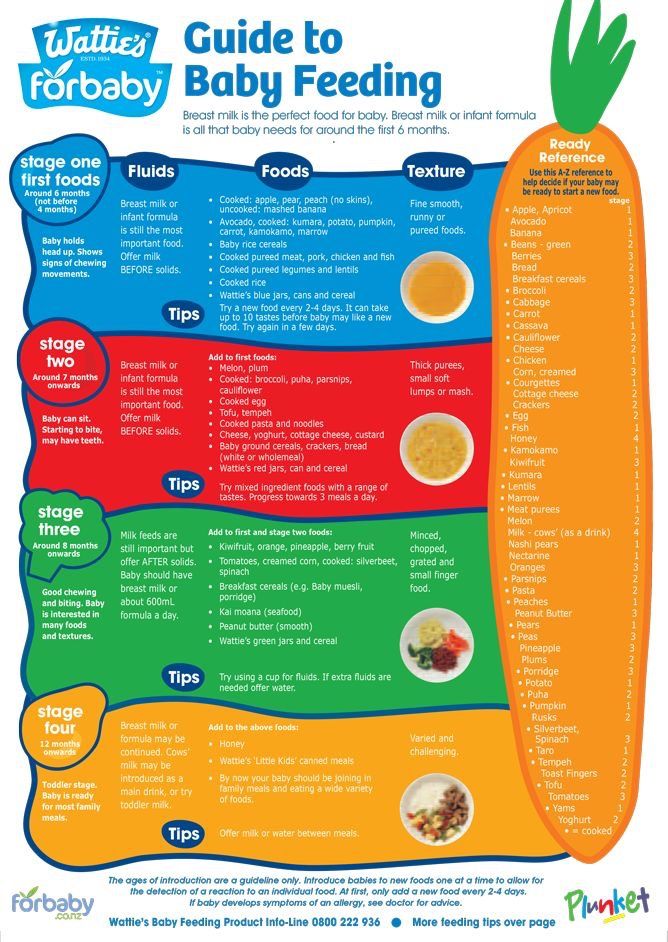 Defrost the frozen cherries for 4-5 hours before preparing the puree.
Defrost the frozen cherries for 4-5 hours before preparing the puree. - Puree the cherries in the food processor or blender.
- Place the mix on a low-medium flame for 5 minutes. Remove when it starts steaming.
- Strain the mixture to get out the chunky bits with a mesh sieve.
5. Bananas
Bananas are loved by many babies for their soft, sweet taste. But did you know that they contain a good amount of magnesium which is a natural muscle relaxant? Relaxed muscles mean your baby feels sleepier after dinner and eventually sleeps better! Apart from this, bananas also have good amounts of melatonin and serotonin. We recommend the following banana puree recipe for your little one.
Recipe: Banana Puree
6. Chicken
If you are a non-vegetarian, you may be considering introducing chicken in your baby’s diet. You have a great reason too! Chicken contains high levels of tryptophan. And as we discussed, this amino acid will definitely make your baby sleepy post dinner! Needless to say, chicken will also take care of the protein requirements of your baby.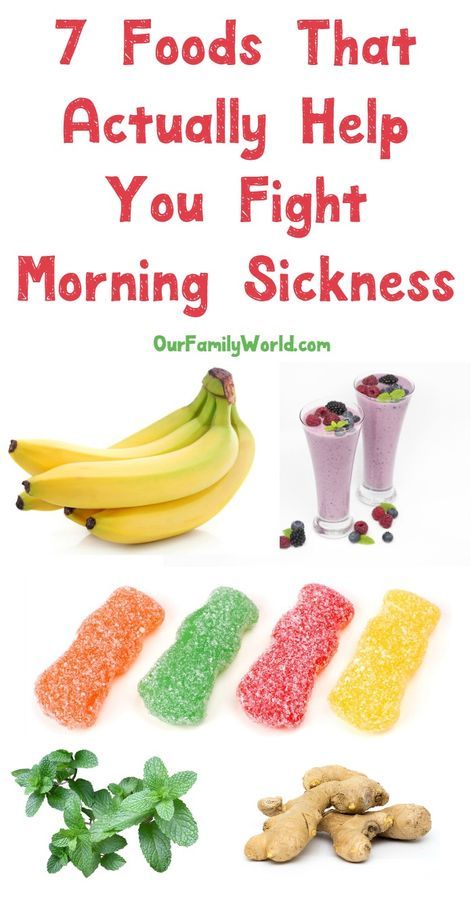 It is a great idea to begin with shredded pieces and soup post the age of 8 months. Here is a recipe you can try to reap the double protein benefits of chicken and lentils. If your baby is old enough to self-feed, serve it in a bowl that has his favourite cartoon characters for maximum attention! 😉
It is a great idea to begin with shredded pieces and soup post the age of 8 months. Here is a recipe you can try to reap the double protein benefits of chicken and lentils. If your baby is old enough to self-feed, serve it in a bowl that has his favourite cartoon characters for maximum attention! 😉
7. Walnuts
Walnuts help the body in the production of serotonin – a chemical that soothes the brain and affects the mood of a person, making them more relaxed. This helps them sleep better and longer. Walnuts also contain melatonin which, as we saw, is great for napping. We recommend adding walnuts to your baby’s dinner after making sure there are no small pieces that can induce choking. Nuts are recommended for babies after they have crossed the one year milestone so as to minimise risks of allergies. Consult your paediatrician to discuss this further.
8. Chickpeas
Legumes, in general, are high in protein as well as tryptophan and hence a great sleep promoter.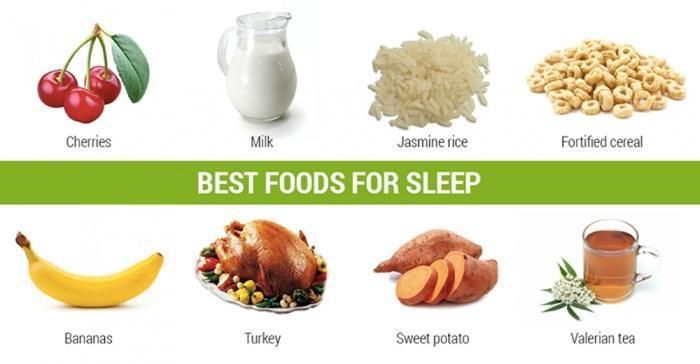 But apart from high protein content, chickpeas are also high in iron, potassium, fibre and vitamins K, C and B-6. This makes them a great, nutritious dinner food! It is advised to boil the beans and mash them to include in your baby’s diet. This makes it easy for them to consume as well as digest chickpeas.
But apart from high protein content, chickpeas are also high in iron, potassium, fibre and vitamins K, C and B-6. This makes them a great, nutritious dinner food! It is advised to boil the beans and mash them to include in your baby’s diet. This makes it easy for them to consume as well as digest chickpeas.
9. Dairy Products
Finally, this one is no surprise – the milk before bed-time is certainly a great idea. But even apart from milk, other dairy products like cheese and paneer are also packed with tryptophan. Hence, something like a bowl of bananas mashed in milk an hour prior to bedtime will ensure your baby sleeps comfortably through the night. Also, if going for cheese, opt for swiss and cheddar as they have the maximum amount of tryptophan. You can also make the following recipe part of your baby’s dinner sometimes, for a special treat! It is tailored especially to a baby’s taste and digestive power.
Did You Know:
Certain foods like sugar and caffeine are stimulating in nature and hence the term ‘sugar rush’ is actually a real thing.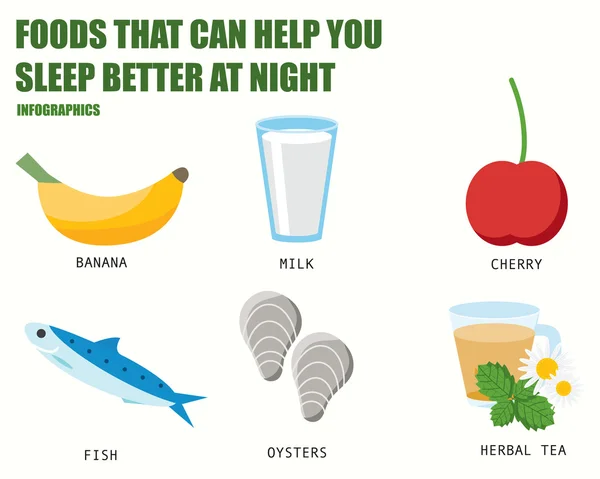 It is therefore advisable not to include food items containing these properties right before bedtime. As a rule, go easy on the sugar you add to any baby food to also protect your child from the risk of tooth decay and developing unhealthy eating habits.
It is therefore advisable not to include food items containing these properties right before bedtime. As a rule, go easy on the sugar you add to any baby food to also protect your child from the risk of tooth decay and developing unhealthy eating habits.
Tips While Feeding Your Baby to Ensure Sleep Throughout the Night
When babies first begin eating solid foods, they may experience discomfort that also affects their sleep. There can be several reasons for this. For one, their digestive system is still coping with the sudden change from liquids to solids. The timings between the feeding of solids and milk probably haven’t been properly worked out yet. Sometimes, the quality of the food matters more than the quantity consumed. Apart from this, there may be certain things in the breastfeeding routine of the baby that is holding up their sleep schedules. You can follow these following tips to induce a long night’s sleep in your baby!
- While breastfeeding, keep the light turned off so as to make it clear that it’s not daytime.
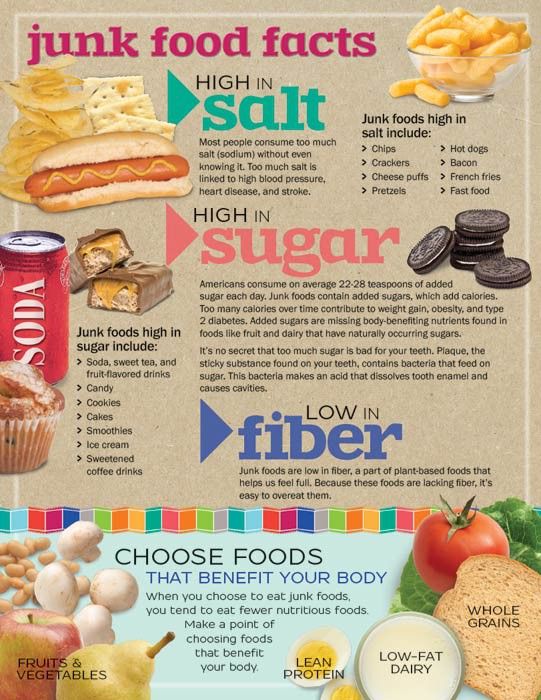 Alternatively, you can use a nightlight or dimmer switch. Use white noises (such as the hum of the fan) in the background which can help soothe the baby.
Alternatively, you can use a nightlight or dimmer switch. Use white noises (such as the hum of the fan) in the background which can help soothe the baby.
- Ensure that you burp your baby after breastfeeding; otherwise, trapped air in his stomach can cause him to wake up.
- Fixing a schedule for the baby’s eating and sleeping patterns is beneficial for the baby’s overall development. From the months of 4 to almost 18, it is ideal that bedtime should be between 7 to 8 pm, depending on where your baby is along the age line. Accordingly, dinner should be timed an hour or 1.5 hours before the baby’s bedtime.
- It’s not just dinnertime that should be fixed. The baby’s daytime routine also plays an important role in getting him to sleep through the night. Schedule timings for his meals and naps as is age-appropriate. Eventually, this can help the baby naturally feel drowsy by his bedtime.
- One of the main reasons for babies to wake in the middle of the night can be indigestion, because of which the child faces discomfort.
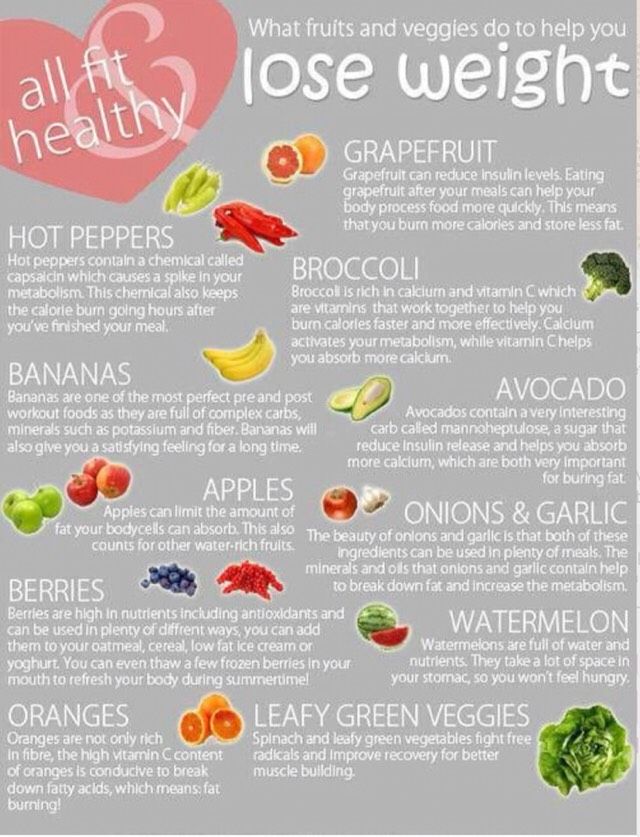 ‘Tummy Time’ is gaining popularity among new parents now, owing to its several benefits, one of which is improving digestion. Lying on their tummy during the day (for example supervised floor play) provides the baby’s abdominal organs with a kind of ‘massage’, which also helps to relieve gas, and stimulate normal bowel movements. Keep in mind that this should not be done immediately after a meal. Also, while babies should compulsorily be made to sleep on their back only, tummy time during their waking hours can be of help.
‘Tummy Time’ is gaining popularity among new parents now, owing to its several benefits, one of which is improving digestion. Lying on their tummy during the day (for example supervised floor play) provides the baby’s abdominal organs with a kind of ‘massage’, which also helps to relieve gas, and stimulate normal bowel movements. Keep in mind that this should not be done immediately after a meal. Also, while babies should compulsorily be made to sleep on their back only, tummy time during their waking hours can be of help.
- It will take up to the age of 8-9 months for the baby to sleep through the entire night (meaning a consolidated 11-12 hours of sleep). To remove the association of feeding and sleeping in their brains, it is important to wean your baby off being fed to sleep. Start with moving his nursing at the beginning of his bedtime routine (rather than at the end). If he persists in waking, make it earlier. i.e right before/after dinnertime.
- Remember to put your baby down to sleep when he is drowsy, but still awake.
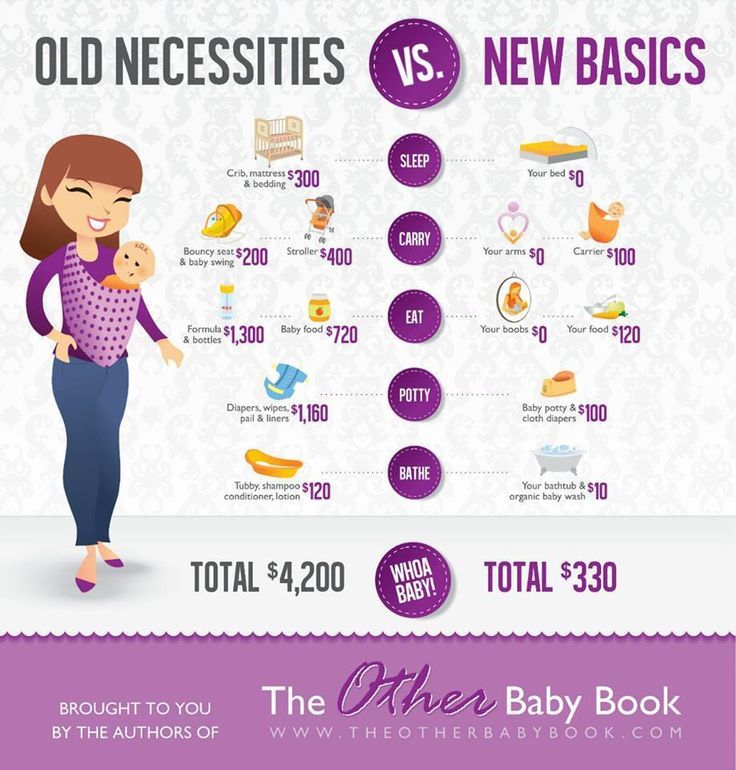 Rushing to get your baby to sleep right after nursing can prove to be problematic, as when the baby wakes up, he doesn’t know how to fall asleep on his own. Instead, when he is feeling calm and relaxed and is frequently closing his eyes, put him down to bed, and let him learn to put himself to sleep. Keep in mind that it may take a week or so for the baby to develop this habit.
Rushing to get your baby to sleep right after nursing can prove to be problematic, as when the baby wakes up, he doesn’t know how to fall asleep on his own. Instead, when he is feeling calm and relaxed and is frequently closing his eyes, put him down to bed, and let him learn to put himself to sleep. Keep in mind that it may take a week or so for the baby to develop this habit.
Along with the baby’s food habits, something that can help your baby’s sleep routine is having your partner take charge as well. Dr. Diana Julian, Child Sleep Consultant, talks about how fathers can be the secret to a baby’s blissful sleep and various techniques they can incorporate. The father can feed the baby a bottle of breast milk during the night feedings, which makes for a dad-baby bonding session as well. Some mothers also claim that since their husbands took charge of rocking their baby to sleep when he wakes, it has proved to be a success! It could be because the baby associates feeding to the mother and expects to be fed when he wakes in the middle of the night and sees her. Try a role-reversal and see how that works out for you!
Try a role-reversal and see how that works out for you!
Is Your Diet Affecting Your Breastfed Baby’s Sleep?
When your breastfed baby refuses to sleep throughout the night, there are doubts that can creep into your mind regarding the effects of your breastmilk on your baby’s sleep. While there is no concrete research which state that elements of your diet can affect your breastmilk, there are certain tried-and-tested techniques by mothers which seem to alter their babies’ sleeping patterns.
The first thing to note is that breast milk is not made up of what you eat, but what is in your blood. So there is no particular list of foods that is applicable for mothers’ to avoid. However, if you seem to incorporate caffeine and sugar a little more than the healthy amount in your daily diet, cutting it down is ideal – it definitely will help to improve your overall health!
There are some mothers who have seen a slight improvement in their babies’ sleep patterns once their caffeine/sugar intake was reduced as well.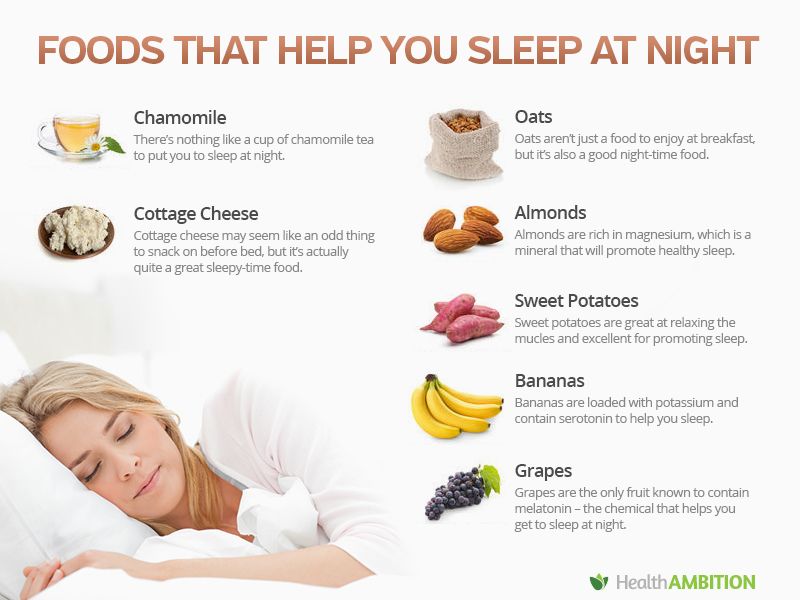 Another possibility to consider is allergic reactions to some food nutrients that may be passed on through your breast milk to your baby. If symptoms like diarrhea, rashes, fussiness, gas, colic and so on keep your baby up at night, keep a track of what you eat and when these symptoms show up. If you see a link, reduce the suspected food and speak to your health-care provider about further remedies.
Another possibility to consider is allergic reactions to some food nutrients that may be passed on through your breast milk to your baby. If symptoms like diarrhea, rashes, fussiness, gas, colic and so on keep your baby up at night, keep a track of what you eat and when these symptoms show up. If you see a link, reduce the suspected food and speak to your health-care provider about further remedies.
So moms, make sure you include these food items in your baby’s dinner to help him sleep uninterrupted. If your baby sleeps well, he will be happy and active the next morning, and so will you! Do you know of more recipes and sleep-promoting dinner foods for babies? Share them with other mommies by leaving a comment below.
Which foods are good before bed and which are bad
March 16, 2021 Health
Proper dinner will help to overcome insomnia.
Iya Zorina
Author of Lifehacker, athlete, CCM
Sleep deprivation is a serious test for both health and psyche. Sleep quality is affected by many factors, from stress to genetic diseases. However, food intake is of no small importance here.
Sleep quality is affected by many factors, from stress to genetic diseases. However, food intake is of no small importance here.
And if you have trouble sleeping, maybe you should rethink your diet. We figure out which products help, and which, on the contrary, interfere with getting the right, healthy rest.
Foods that improve sleep
If you suffer from occasional insomnia, include them in your diet and see the difference over time.
Bananas
HandmadePicture/Depositphotos.comThese fruits are rich in potassium and magnesium, substances that act as natural muscle relaxants. They help the body relax before bed. In addition, bananas contain the amino acid tryptophan, which is involved in the synthesis of serotonin, a neurotransmitter that also promotes relaxation.
Serotonin, in turn, is converted by an enzyme in the pineal gland of the brain into melatonin, the “sleep hormone”. One study found that after eating two bananas, blood melatonin levels quadrupled.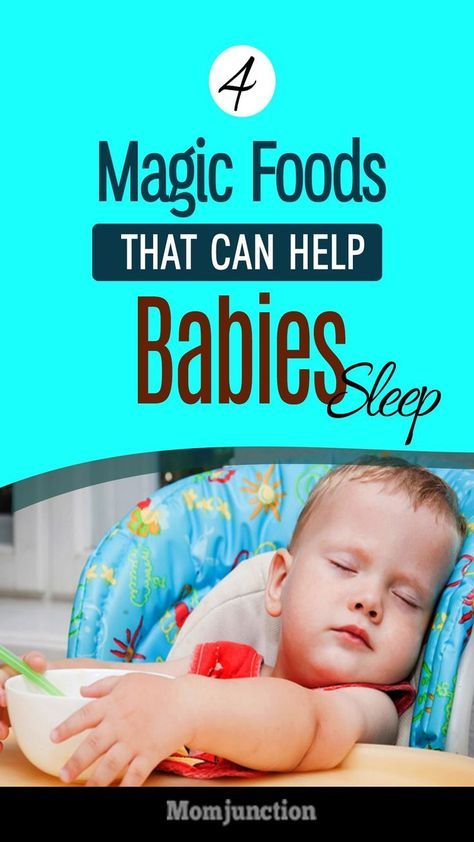 It takes about an hour before tryptophan reaches the brain, so it's best to have a snack an hour and a half before bedtime.
It takes about an hour before tryptophan reaches the brain, so it's best to have a snack an hour and a half before bedtime.
Almonds
Gelpi/Depositphotos.comThese delicious nuts are rich not only in protein, but also in magnesium, a substance that relaxes the muscles and makes it easier to fall asleep.
In addition, almonds are a valuable source of melatonin and may reduce levels of cortisol, the stress hormone that interferes with sleep. Studies show that this type of nuts, as well as the oil from them, has a sedative and hypnotic effect.
So a handful of almonds before bed or an almond butter sandwich will be a great help in the fight against insomnia.
Cherry
AntonMatyukha/Depositphotos.com Cherry is one of the natural sources of melatonin. A couple of studies showed that adults with insomnia who drank 250 milliliters of cherry juice before bed slept an hour and a half longer than those who did not consume cherries. In addition, their sleep was better and they rested better.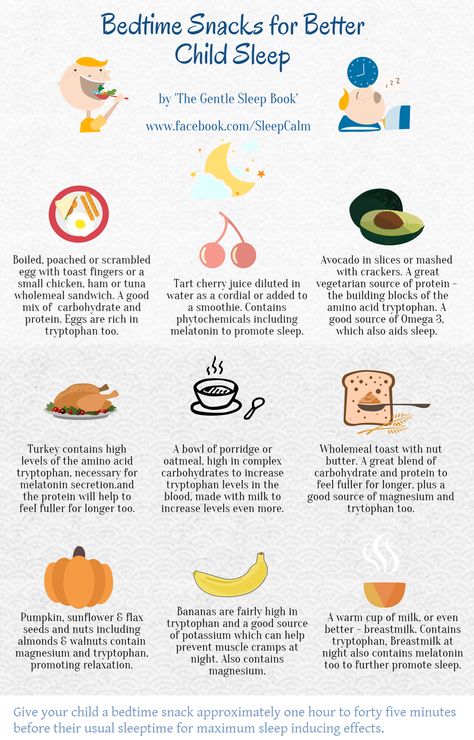
So eat a handful of cherries an hour before touching the pillow or drink a glass of natural cherry juice.
Chamomile tea
MillaFedotova/Depositphotos.comChamomile tea contains the substance apigenin, which promotes drowsiness and helps against insomnia. One study showed that people who took chamomile extract twice a day for a month fell asleep 15 minutes faster and were less likely to wake up in the middle of the night compared to those who did not take the extract. Chamomile tea drinkers also reduce the risk of depression, which also leads to sleep problems.
Passiflora tea
tankist276/Depositphotos.comIn addition to chamomile, passionflower tea also has a good effect on sleep. It also contains apigenin and has a calming effect. The effectiveness of this drink has been experimentally proven by specialists from Monash University in Australia.
In their study, a group of adults drank a cup of passion flower tea just before bed for seven days.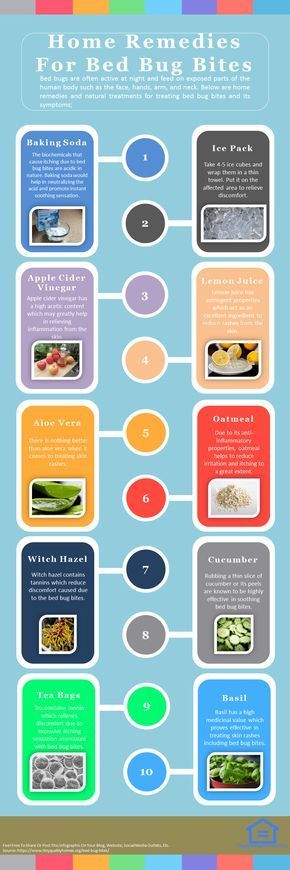 And by the end of the week, the quality of the night's rest of the subjects had improved significantly compared to the control group, which was given a placebo.
And by the end of the week, the quality of the night's rest of the subjects had improved significantly compared to the control group, which was given a placebo.
Start drinking passionflower tea before going to bed, and after a couple of weeks, falling asleep will be much easier.
Kiwi
Nitrub/Depositphotos.comKiwi contains a large amount of serotonin, a neurotransmitter that has a relaxing effect and helps you fall asleep faster. In one experiment, participants were asked to eat two kiwis an hour before bed every night. After a month, the researchers noticed that the time it took the subjects to fall asleep was reduced by 35%, and the duration and quality of rest increased.
In addition, the serotonin in kiwi reduces the body's craving for carbohydrate absorption. So, if you gorge yourself on it before going to bed, you will be less likely to want to go out for a snack in the middle of the night.
Oatmeal
Mizina/Depositphotos.com Oatmeal is usually associated with breakfast. But it also helps you fall asleep. First, oatmeal contains a lot of melatonin - more than other cereals. Secondly, it contains selenium, and its lack causes difficulty falling asleep. Finally, oatmeal is rich in tryptophan, as well as calcium, magnesium, phosphorus, silicon, and potassium, which also promote healthy sleep.
But it also helps you fall asleep. First, oatmeal contains a lot of melatonin - more than other cereals. Secondly, it contains selenium, and its lack causes difficulty falling asleep. Finally, oatmeal is rich in tryptophan, as well as calcium, magnesium, phosphorus, silicon, and potassium, which also promote healthy sleep.
But keep in mind that this porridge is useful only if you eat it without sugar. But sweet oatmeal, on the contrary, will prevent you from falling asleep.
Milk
makidotvn/Depositphotos.comA glass of warm milk before going to bed is a greeting from childhood. It promotes sleep because it contains tryptophan. In addition, it is an excellent source of calcium, which regulates the production of melatonin. If you wake up at night and can't get back to sleep, drink a glass of milk with a teaspoon of honey. Experiments have shown that this combination reduces the time it takes to fall asleep and improves the quality of rest.
Walnuts
windujedi/Depositphotos.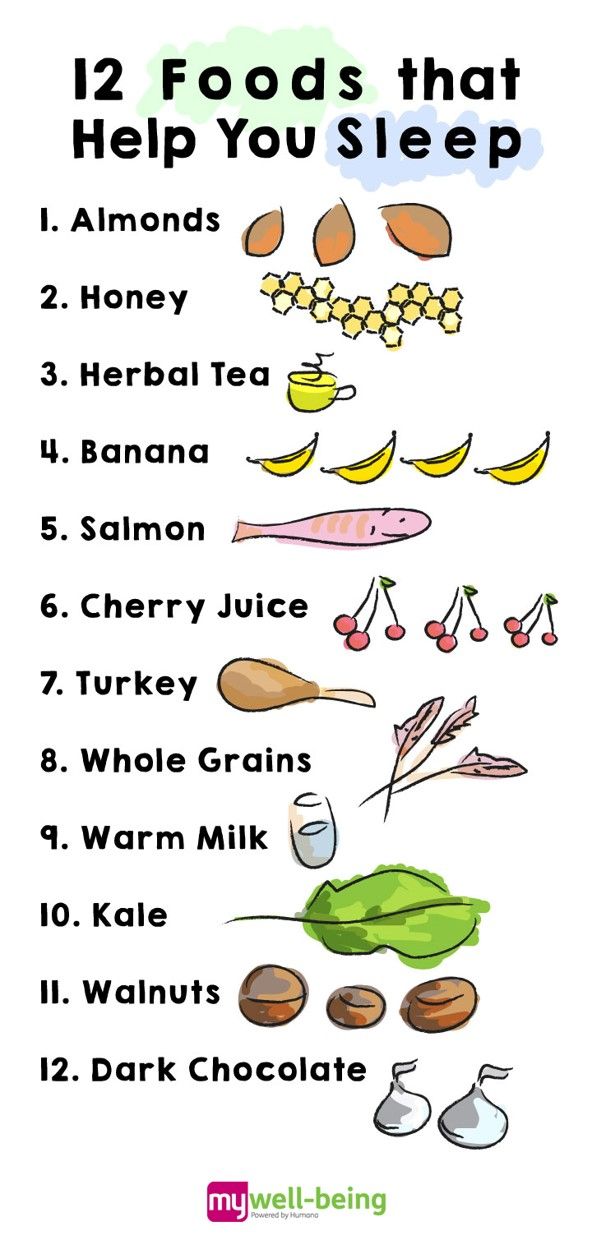 com
com Walnuts are one of the best sources of melatonin. In addition, they help the body produce serotonin, thereby promoting sleep. So a handful of walnuts, eaten just like that or added to a salad, before going to bed, definitely does not hurt.
Products that have a bad effect on sleep
People with sleep disorders should forget about them.
Caffeine
wideonet/Depositphotos.comEveryone knows that caffeine helps to wake up and drive away drowsiness. In addition, it slows down the process of falling asleep and reduces overall sleep time. This substance continues to have a negative effect even six hours after consumption.
I don't even mention coffee before bed, but there are other foods that contain caffeine: chocolate, energy drinks, gum (a food supplement), and some drugs. And in tea, both black and green, there is also caffeine. Therefore, before going to bed, it is better to switch to herbal options.
Each person has a different reaction to caffeine: some can drink a large mug of coffee at night and sleep well, for others, 150 grams of the drink is enough to suffer from insomnia for half the night.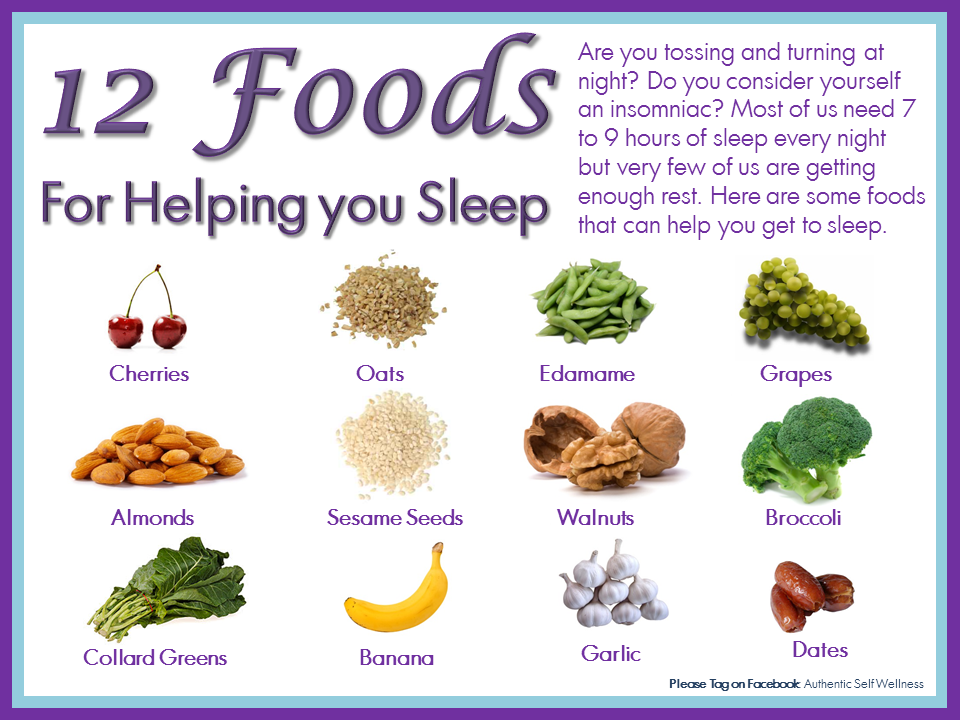 Therefore, be guided by the reaction of your body and give up caffeine if you see its negative impact on sleep.
Therefore, be guided by the reaction of your body and give up caffeine if you see its negative impact on sleep.
Fatty foods
VadimVasenin/Depositphotos.comExperiments show that people who eat fatty foods get less healthy sleep than light dinners. Meals with a lot of fat not only significantly reduce the quality of a night's rest and the speed of falling asleep, but can also cause heartburn and indigestion. If you cannot refuse such food, at least eat dinner three hours before bedtime.
However, there is one exception to this rule: oily fish such as salmon, tuna, trout and mackerel, on the contrary, help to sleep. The fact is that it promotes the production of serotonin. One study found that people who ate some Atlantic salmon before bed fell asleep faster than those who ate chicken, beef, or pork.
Alcohol
belchonock/Depositphotos.com Ethanol is bad for REM sleep cycles during which we dream. Since it is on these cycles that recovery of forces depends, it turns out that alcohol deprives you of rest even at night.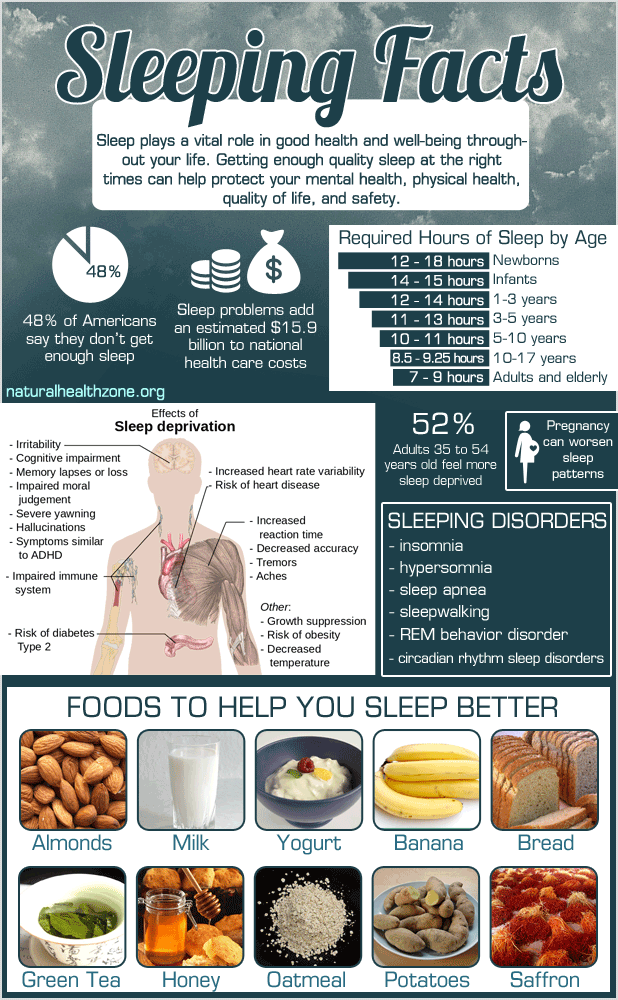 In addition, long-term drinking can disrupt circadian rhythms and lead to insomnia.
In addition, long-term drinking can disrupt circadian rhythms and lead to insomnia.
UPD. Text updated on September 15, 2019 to include more scientific data from verified sources.
Read also 🧐
- How knowing about circadian rhythms will help you set the right sleep pattern
- How to fall asleep in a minute
- SLEEP: everything about how, how much and why to sleep
*Activities of Meta Platforms Inc. and its social networks Facebook and Instagram are prohibited in the territory of the Russian Federation.
Top 6 foods to help you beat insomnia
There are a number of foods that can help you fall asleep as well as sleeping pills. Some of them you may be aware of, some you may not.
Milk and honey
Many people know that one of the best remedies for insomnia is a glass of warm milk with honey at night. Especially this drink can be useful for the elderly.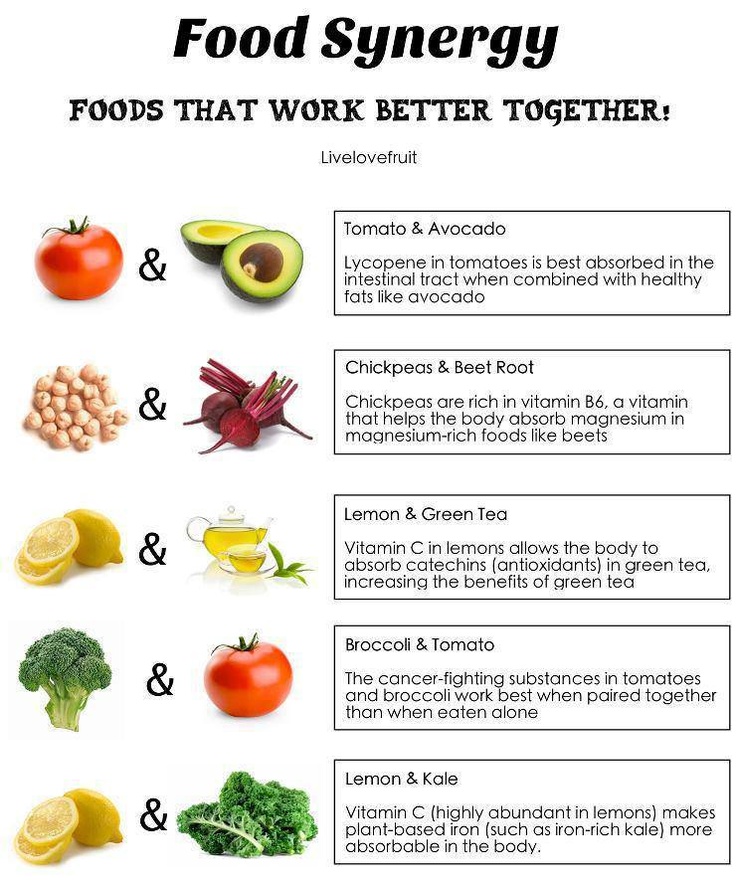 It is easily digestible, while it does not contain sugars that are poorly digested: natural honey contains fructose and glucose, and milk contains lactose. An increase in blood sugar reduces the production of orexin in the brain. Orexin is a substance associated with wakefulness, and milk and honey together give a double sedative effect. True, you should not overdo it with honey, because whatever one may say, it is sugar, a substance by no means useful in large quantities.
It is easily digestible, while it does not contain sugars that are poorly digested: natural honey contains fructose and glucose, and milk contains lactose. An increase in blood sugar reduces the production of orexin in the brain. Orexin is a substance associated with wakefulness, and milk and honey together give a double sedative effect. True, you should not overdo it with honey, because whatever one may say, it is sugar, a substance by no means useful in large quantities.
Chamomile tea
There is a wonderful natural medicine that, although it will not save you from insomnia, it will perfectly help people who suffer from overexertion or worry about various problems fall asleep quickly. It's about chamomile tea. It is also known that a cup of this drink before bedtime will help you fall asleep faster and wake up less often in the middle of the night, which is especially true for older people.
The two previous sleep aids are perhaps familiar to many.
But the following products are not so well known as sleep aids.
Oatmeal, sir?
Most people associate oatmeal with breakfast, but it can still help a person fall asleep. The fact is that oatmeal contains melatonin, which regulates the cycles of sleep and wakefulness.
Oatmeal also contains a large amount of selenium, the lack of which causes problems with sleep, especially with its initial phase - falling asleep. The plant proteins avenin and trigonelline, abundant in oatmeal, also reduce anxiety and nervous tension, thereby improving the quality of sleep.
Almonds for night owls
Tasty nuts loved by many contain a lot of protein, magnesium and a large amount of B vitamins, which help to normalize the functioning of the nervous system.
In addition, almonds reduce the level of the stress hormone cortisol. True, do not forget that nuts are a very high-calorie thing and at night you should not eat more than a small handful.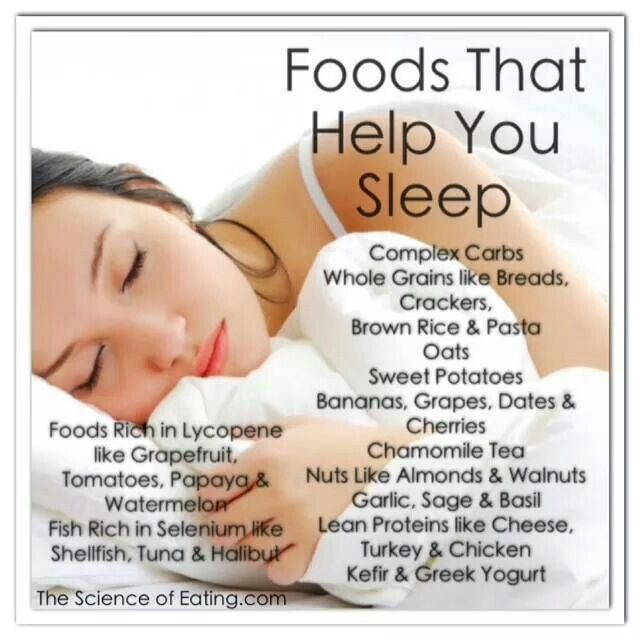
Sleeping pills from the tropics - bananas
Not only do these fruits satisfy your appetite, bananas contain the amino acid tryptophan, which stimulates the synthesis of melatonin and serotonin. The latter improves mood, and melatonin normalizes sleep. Bananas are also high in potassium and magnesium, which help relax muscles and lower blood pressure.
Doctors recommend eating a banana no later than one hour before bedtime. Of course, it is high in calories, but it is still better to eat a banana at night than a sandwich.
Red fish - a wonderful dream
Omega-3 fatty acids contained in fish are involved in the synthesis of substances that seriously affect human sleep. The level of one of the important components - docosahexaenoic acid is directly related to the synthesis of melatonin.
A few years ago, a study was conducted on children who had trouble sleeping. One group of subjects received omega-3 fatty acid supplements while the others received a placebo.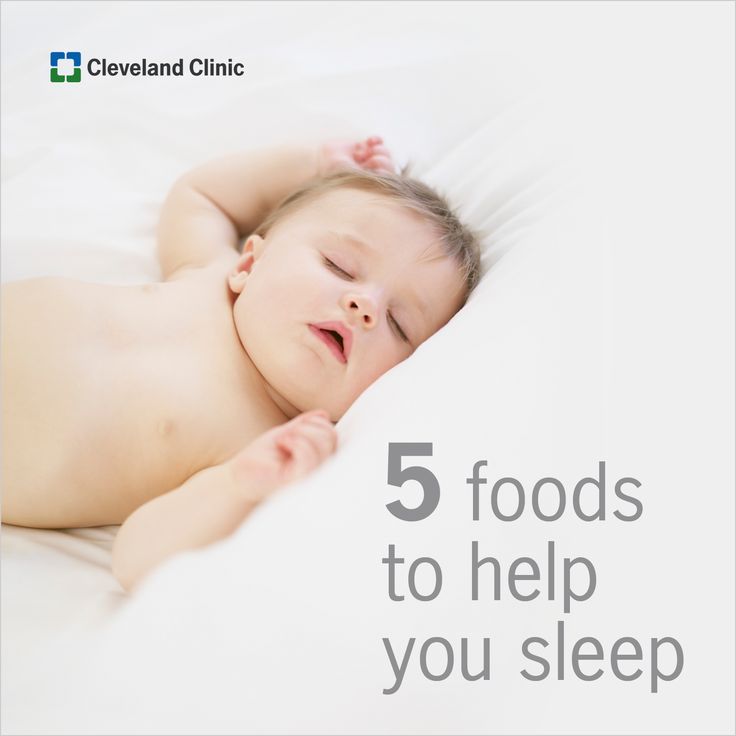
The quality of sleep in children from the first group improved after a few months. They began to sleep more and wake up less at night. However, there were no such changes in children from the second group.
In a word, a small piece of fish for dinner will also help you fall asleep faster. And do not forget that omega-3 fatty acids are found in any fish, not just expensive salmon, halibut, trout and tuna.
And a few more non-gastronomic tips
Always ventilate the room where you will sleep before going to bed.
Try to darken the room as much as possible, even a weak light source makes it difficult to sleep, let alone fall asleep.
If you sleep in the morning when it is light, a blindfold will help.
Plug your ears, then there will be less sounds, and a better sleep.
And one more thing. Probably, many paid attention to the fact that sometimes he seemed to sleep a little, about three hours, but slept well, and at other times he seemed to sleep for 10 hours, but still you feel unrested.